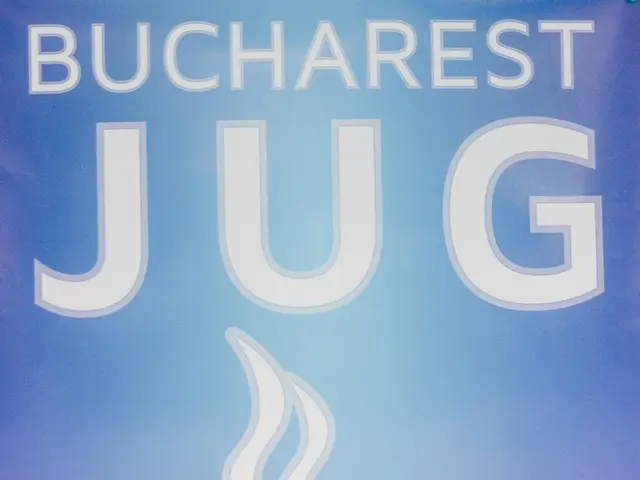Amazon counters claims by WSJ about increased prices on essential products
Amazon has released a rebuttal to the Wall Street Journal's (WSJ) investigation, which claimed that the online retail giant had increased prices on everyday essentials due to tariffs. The dispute between the two parties remains a contested issue, with conflicting viewpoints.
Amazon strongly disputed the WSJ's claim of a 5% price increase on everyday essentials since January 20, 2025. The company accused the WSJ of using a "fundamentally flawed" methodology, specifically criticising the small sample size, cherry-picked data points, and reliance on promotional prices as baselines.
On the other hand, the WSJ study found that Amazon raised prices on over 1,200 low-cost household essentials between January and July 2025, with average price increases of about 5.2%. The WSJ linked these increases to tariffs and noted that other retailers like Walmart cut prices on many of these items during the same period.
Amazon, however, claims that it consistently meets or beats competitor prices overall. The company emphasised that prices fluctuate regularly in retail, but it is committed to offering low prices. Amazon's rebuttal also highlights price reductions on certain items, contradicting the WSJ's claims of price increases.
The dispute primarily rests on contrasting interpretations of pricing data and methodology rather than a universally validated outcome. No publicly cited independent third-party research fully confirms or rejects either side conclusively. Amazon cites proprietary data claiming prices remain generally stable or lower than competitors, but independent third-party validation of these claims is not presented in the results.
Examples of items where Amazon disputes the accuracy of the price changes highlighted by the WSJ include PetArmor ear rinse, Zarbee's cough syrup, and Seventh Generation cleaning wipes. Amazon claims that over 92% of the items analysed actually saw no price change or a decrease when looking at monthly averages. Even the WSJ's lead example, a can of Campbell's New England Clam Chowder, was priced identically on Amazon and the lowest national competitor on July 1.
In its rebuttal, Amazon maintains its commitment to offering "everyday low prices" and meeting or beating its rivals. The company also published a list of 100 items that have seen price reductions this year, some by as much as 38%. However, it's important to note that this dataset represents only 0.04% of the 6 million essential items Amazon offers.
[1] Amazon's Rebuttal to WSJ's Price Increase Claims: https://aboutamazon.com/news/press-releases/amazon-responds-to-misleading-wall-street-journal-report-on-pricing [2] Amazon's Long-term Commitment to Low Prices: https://aboutamazon.com/news/press-releases/amazon-continues-to-offer-everyday-low-prices [3] WSJ Investigation Claims Amazon Increased Prices on Essential Items: https://www.wsj.com/articles/amazon-raises-prices-on-thousands-of-everyday-items-11595311908 [4] Amazon's Track Record of Low Prices: https://www.profitero.com/amazon-consistently-offers-lowest-prices-for-everyday-essentials-study-finds/
- [In response to the Wall Street Journal's investigation,] Amazon's rebuttal states that they have consistently met or beat competitor prices as they commit to offering "everyday low prices."
- The dispute between Amazon and the Wall Street Journal revolves around the pricing of essential items, with the technology-driven business emphasizing that price fluctuations are common and that they strive to offer competitive prices, as exemplified by their list of 100 items with price reductions this year.




